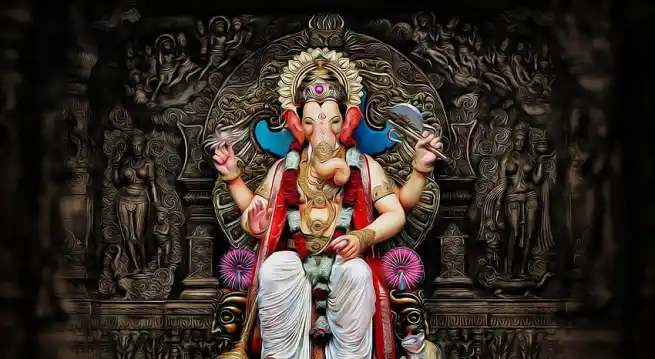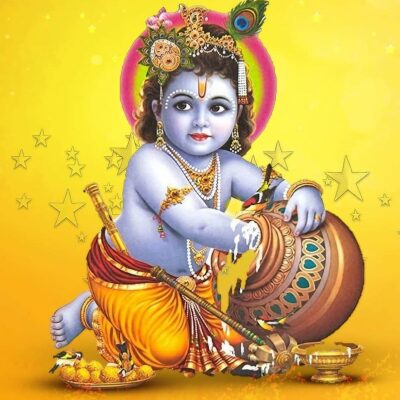Karamadai Nanjundeswarar Temple, Coimbatore

Address
Karamadai Nanjundeswarar Temple, Coimbatore
Karamadai, Mettupalayam Taluk,
Coimbatore District,
Tamil Nadu– 641 104
Phone: +91 4254 272 318 / 273 018
Moolavar
Nanjundeswarar
Amman
Ulagambikai
Introduction
- Location: Karamadai Town, Mettupalayam Taluk, Coimbatore District, Tamil Nadu.
- Presiding Deity: Nanjundeswarar (Lord Shiva).
- Mother Goddess: Ulagambikai / Ulaganayagi / Loka Nayagi.
- Administration: Maintained by the Hindu Religious and Endowment Board of the Government of Tamil Nadu.
Puranic Significance:
- Historical Background: Built by the Kongu Cholas, with copper plate inscriptions from 1479 AD recording a grant to Brahmins.
- Renovation: Extensive renovations by the Vijayanagara and Nayak Kings during the 16th century.
- Mythological Significance: During the churning of the ocean (Samudra Manthana), Lord Shiva consumed the Halahala poison, which turned his throat blue, earning him the name Neelakantha. This event led to the temple’s association with Lord Shiva as Nanjundeswarar.
- Mother Parvati’s Role: Prevented the poison from entering Lord Shiva’s body beyond his throat, saving him and the world, leading to her being called Loka Nayagi.
Beliefs and Temple Structure:
- Direction: The temple faces east.
- Sanctum: The sanctum houses the Shivalinga of Nanjundeswarar, carved from red granite with a flat top.
- Unique Features:
- Double Avudayar carving—one on the floor and one supporting the Linga.
- Eight elephant sculptures supporting the Vimana, called Ashta Gaja Vimana.
- Outer walls adorned with sculptures of various deities and mythological figures.
- Lord Dakshinamurthy: Appears without disciples.
- Chandrasekara: A unique metal image where Ganga is depicted fully, unlike in other temples.
- Mother Ulagambikai: Housed in a separate shrine with her idol carved from a single stone.
- Lord Murugan: Shrine with his consorts Valli and Devasena, situated between the sanctum and the Mother’s shrine, creating the Somaskanda form.
- Vinayakas: Two Vinayakas—Sthala Vinayaka (Shenbaga Vinayaka) and Padala Vinayaka (worshiped first).
- No Navagraha Shrine: Instead, shrines for Kalabhairava and Suryan exist.
Special Features:
- Sculptures: Depictions of various deities such as Nataraja, Mahishasura Mardhini, Anjaneya, and others.
- Planetary Depictions: Rahu and Ketu, planets with adverse effects, are sculpted, and people afflicted by them worship here.
- Sacred Spring: Common for both Nanjundeswarar and Lord Ranganatha temples, used for pujas during the Margazhi festival.
Festivals:
- Shivaratri: Celebrated in the Tamil month of Vaikasi (May–June).
- Aippasi Annabishekam: Celebrated in Aippasi (October–November).
- Pradosha Puja: Special puja performed during the dusk (Pradosha) time, when Lord Shiva consumed the poison.
- Navaratri: Lord Ranganatha from the nearby Karamadai Ranganathar temple visits to invite Lord Shiva for the arrow festival on the 10th day of Navaratri.
References
https://tamilnadu-favtourism.blogspot.com/2022/01/nanjundeswarar-temple-karamadai-coimbatore.html










Century/Period
1479 AD
Managed By
Hindu Religious & Charitable Endowments Department (HR&CE)
Nearest Bus Station
Karamadai
Nearest Railway Station
Coimbatore
Nearest Airport
Coimbatore






